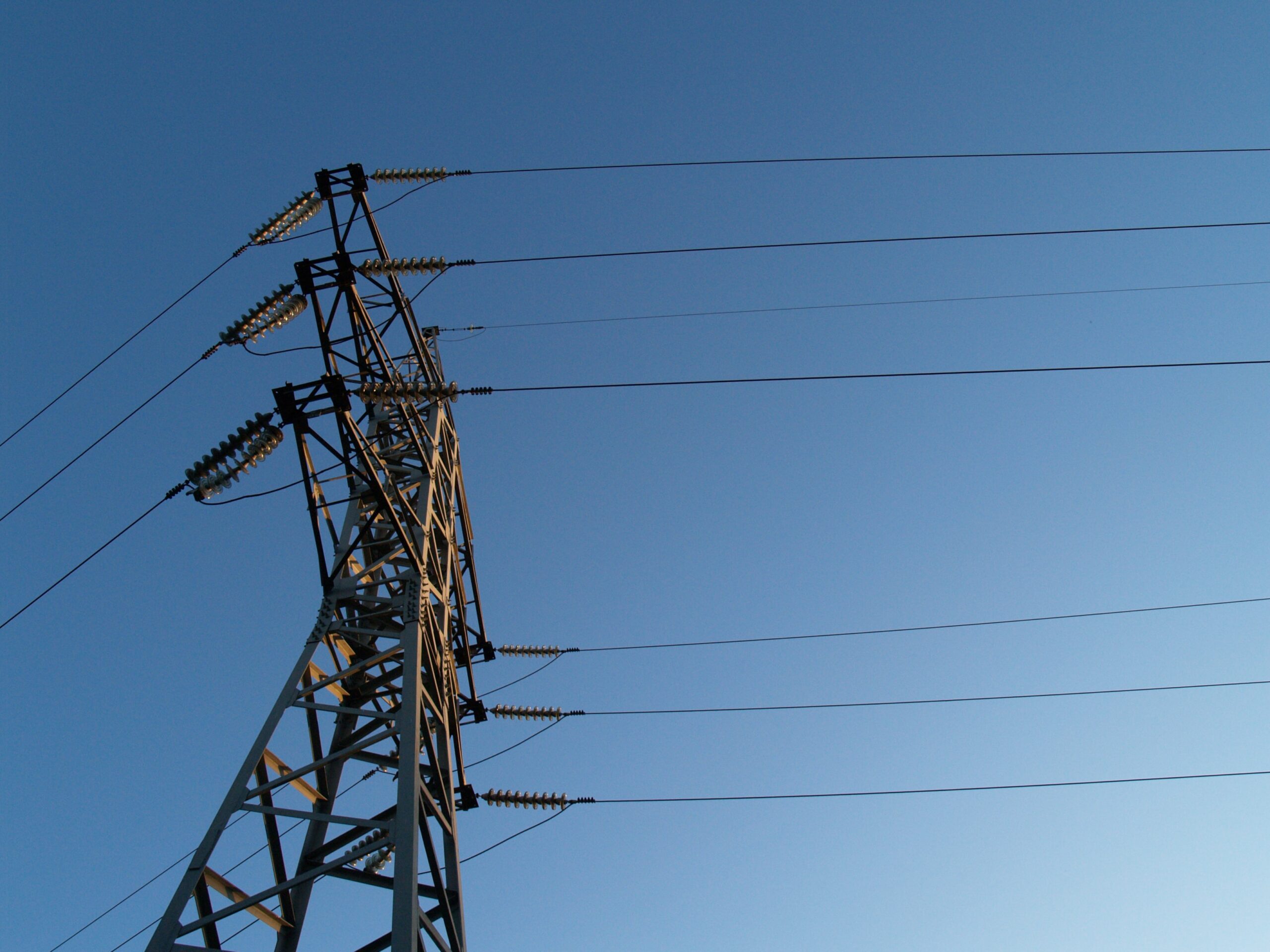Spotlight
Steeped in the energy industry
We are in the know.
Seventh Circuit Holds that Illinois May Subsidize In-State Nuclear Generation

On September 13, 2018, the U.S. Court of Appeals for the Seventh Circuit held that Illinois’s zero emission credit (ZEC) program, which subsidizes certain in-state nuclear generators, is not preempted by the Federal Power Act, nor is it prohibited by the dormant Commerce Clause. The case, Electric Power Supply Association v. Star, Nos. 17-2433 and 17-2445, affirmed the grant of summary judgment by the District Court for the Northern District of Illinois.
The plaintiffs, an association including electricity producers and municipalities, argued that the ZEC program was preempted by the Federal Power Act because its pricing mechanism includes average auction prices as a component that may affect the price of the credits, thereby indirectly regulating prices in the FERC-regulated auctions held by PJM Interconnection, L.L.C. and the Midcontinent Independent System Operator, Inc. The Court noted that it requested FERC’s views on the preemption issue, and in a brief filed amicus curiae, FERC stated that the ZEC program was not preempted and did not interfere with the auctions. The Court then reasoned that, under the Supreme Court’s recent case of Hughes v. Talen Energy Marketing, LLC, 136 S. Ct. 1288 (2016); the ZEC program was not preempted because the subsidies it provides do not depend on selling power in the FERC-regulated, interstate auctions. While it is possible that the annual average auction price could affect the value of a credit in certain circumstances, the ZEC program only indirectly influences the auction prices by keeping generation in service that might otherwise shut down for economic reasons. Because states retain jurisdiction over generation under the Federal Power Act, a state policy that keeps in-state generation in service was not preempted.
The plaintiffs also contended the ZEC program discriminates against interstate commerce because it “was bound to help some Illinois firms,” in violation of the dormant Commerce Clause. The Court characterized this argument as saying, “whenever Illinois, or any other state, takes some step that will increase or reduce the state’s aggregate generation capacity, or affect the price of energy, then the state policy is invalid.” The Court held “[t]hat can’t be right” because the Commerce Clause does not prevent states from legislating simply because there may be some indirect impact on interstate commerce. The Court noted that Congress has expressly provided that states regulate local generation.
A copy of the Court’s decision is available here.
